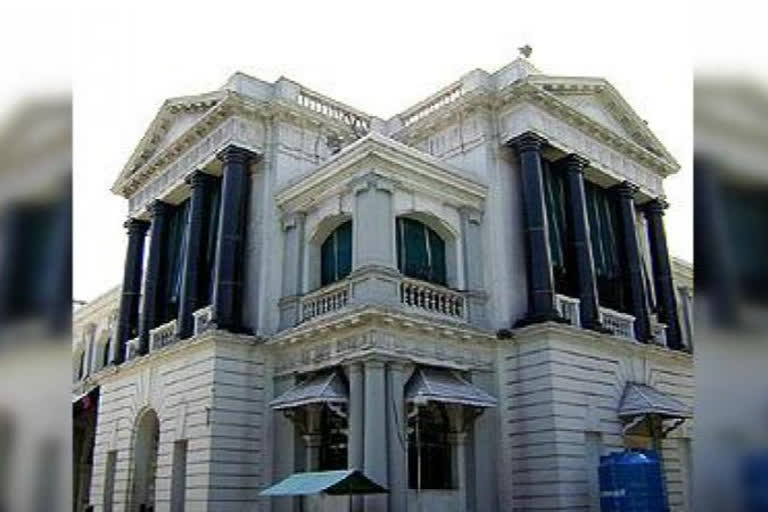Chennai:Reclaiming the past provides legitimacy to the present and a reconnect with the roots. The DMK government of MK Stalin is holding the centenary of the state legislature, which came into existence in January 1921 during British rule. Since it was the Justice Party, the ideological predecessor of the DMK, which was in power in the initial decade of the diarchy, the Dravidian major has a twin purpose in celebrating the event. While it helps the party to buttress its claim to be the torchbearer of the Dravidian movement and its ideals, the government also uses the occasion to unveil the portrait of the late DMK patriarch and Chief Minister M Karunanidhi in the Assembly.
Initiatives on the social justice front in the erstwhile Madras Presidency have commenced from the Justice Party rule and the elected legislature provided the space for that. The DMK too is never tired of laying claim to the past, though the Justice Party had supported the British on the pretext that it was a bulwark against Brahmin hegemony in the British bureaucracy.
Read:|TN BJP state chief Annamalai slams DMK for dynastic succession in party
Within a year of assuming office, the Justice Party brought in the reservation, the first by an elected government in the country. For, before that, the princely states of Baroda and Mysore had implemented affirmative action. Popularly called Communal GO, it was passed in September 1921. It was a culmination of a demand coupled with the political mobilisation of non-Brahmins since 1916 under the banner of the South Indian Liberal Federation, later converted into the Justice Party. Since then, reservation for the Dravidian movement has become equated with Social Justice.
The next move saw Dr Muthulakshmi Reddy, one of the first female doctors of the country, becoming the first woman legislator of India, by making voter qualifications gender-neutral. With the impediments having been removed, she was nominated to the Council in 1926.
In its reformist zeal, the government then abolished the notorious Devadasi system of dedicating women to temples at a young age. It faced stiff opposition from conservative Congress leaders like S Sathyamurthi, who argued that it was a state interference into an age-old tradition and faith. Another significant legislation was the establishment of the Hindu Religious and Charitable Endowments Department, through which many temples were brought under state control.
